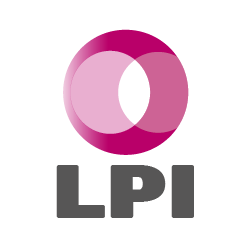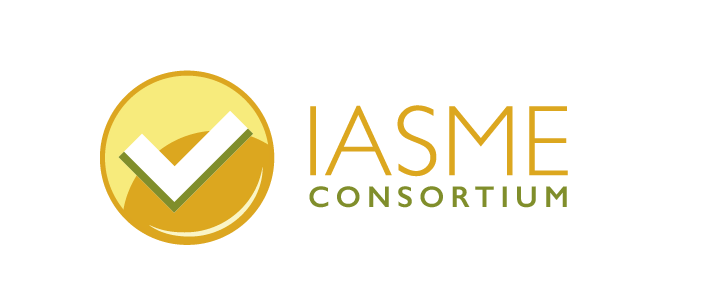LPI Fellow and consultant Myles Runham writes:
Digital learning strategy needs product strategy to be sustainable.
Since arriving in the learning industry more than a decade ago, I have held a strong belief that product management is one of the keys to its future. (The curious, either of you, can read more of these ideas here). For much of this time, there was little interest in taking these ideas up. The industry was preoccupied with learning technology and learning technology strategy at best. This has changed in the last couple of years and product mangers, either in name or deed, are emerging. Podcasters have taken up the mantle as well: here, here and here. If the podcasters are on to it, it must be valuable, right.
There tend to be two routes of travel for product management in L&D. Both are navigated using the mindset and approaches of product management as the benefit, rather than formally creating Learning Products. Most common (from my network) is the application of product management thinking to the design, production and distribution of learning. So, the learning (content, events, experiences) is the product being managed. The other is the management of the resources, technology, people and outputs as a whole as a product or product portfolio, perhaps. Here, learning is the solution being addressed by the whole product team. These approaches are not exclusive, of course.
The first model, I think, is popular because it equates learning to the product. In a digital context, this tends to mean the technologies we apply to the creation and publishing of content. The underlying value is what is done with that content, however. So, this only takes us part of the way.
The second model requires more change, more time and more management heavy lifting. It has greater benefit as it facilitates applying those product approaches to learning content. Furthermore, it helps to put in place the product infrastructure, processes, data and ways of working that can be used and reused over time. Products have lifecycles and this model helps us to manage them to the greatest effect.
At the heart of the change, in either variety, is the realisation of product value. That value is found in relevance to the business (important problems to solve for people performance and behaviour) and for the learner as end user (problems they care about as individual people). Good products are feasible, viable and desirable. In the context of corporate learning, the viability is about cost and sustainability – can investment be justified over time? A good product organisation has an eye on that question over a lifecycle, beyond the content publishing and events that the products enable.
Good product management, of any kind, also rests on the application of evidence to design choices and the use of data to describe success or otherwise throughout those lifecycles. The whole organisation needs to be data fluent – another hallmark of a product team.
These are subtle but important distinctions. Also, important steps towards digital maturity for L&D. Managing all the resources we have to hand together, for all user touch points and interactions, across the whole portfolio increases our likelihood of feasibility and viability. It raises our sights above content creation and hosting to solve motivating problems.
Having spent a couple of years as digital first businesses (yes we have), we have useful experience to carry forward to sustain change in the way we work and the value we create – both what we make and how we go about it.
About the author – Myles Runham:
Myles is an experienced senior leader in both learning services and digital business, having worked in around the internet for 20 years. He has a track record for strategy development and delivery in a variety of digital services, taking ideas from inception, through business case and into launch and operational management.
A deep understanding of digital business and product management is coupled with extensive practical knowledge of managing and leading learning teams across technology, content, product and design functions. This is evidenced in both strategic and practical advice on how to adopt user experience thinking, agile development and product development techniques for learning and development teams, bringing digital thinking to life for senior stakeholders and teams on the ground.
His experience combines more recent leadership roles in learning and learning technology with managerial roles across a variety of disciplines. This history includes roles as the Head of Digital for the BBC Academy, Managing Director of Ask.com Europe (AKA Ask Jeeves) and Head of Interactive Learning for BBC education services, across television, radio and online content and products.
Myles is an LPI consultant – click here to find out more










Leave A Comment